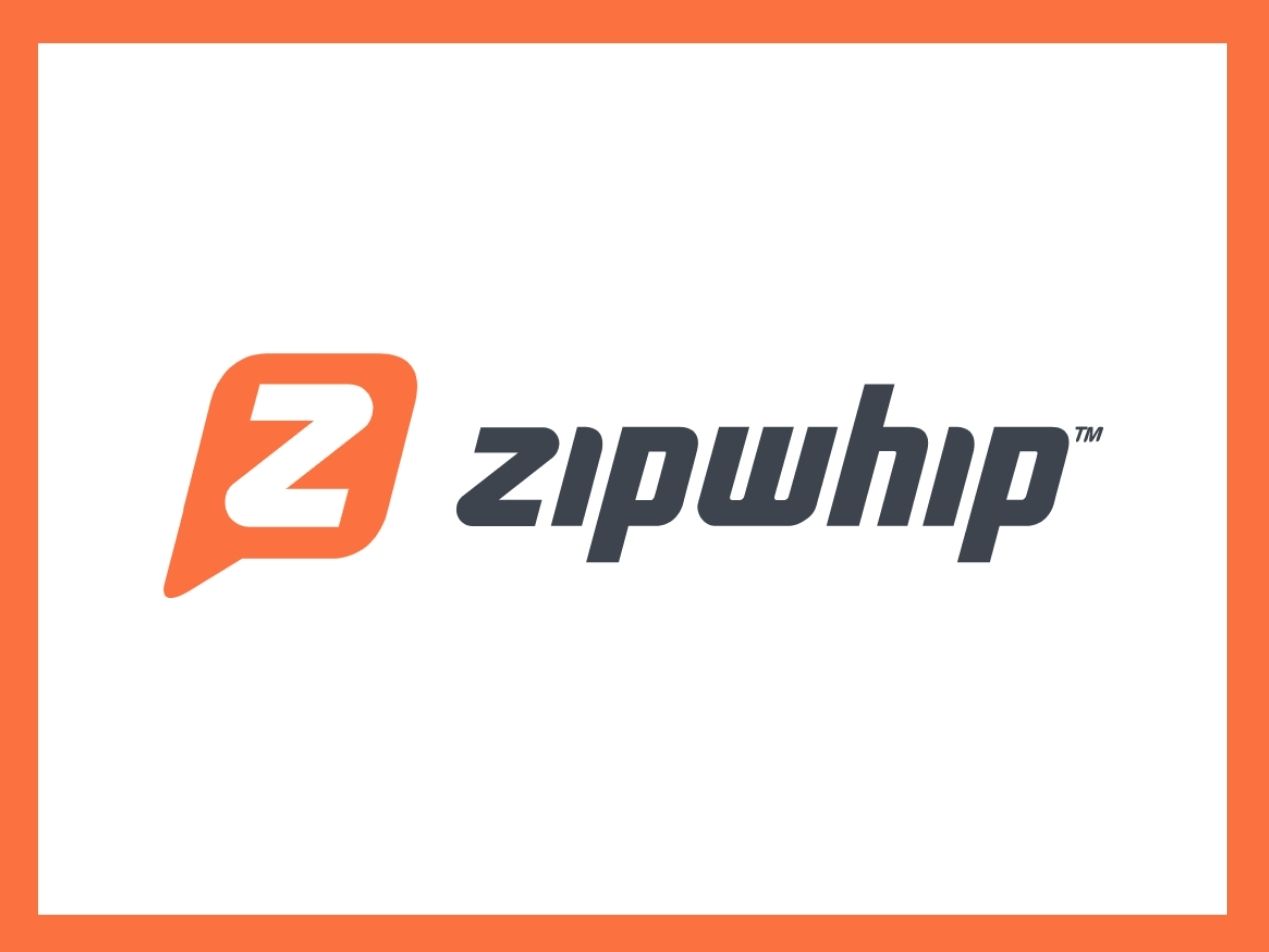
Administrative safeguards are central to maintaining secure email communication with patients. They encompass the establishment of comprehensive policies and procedures that guide the secure use of email systems.
What are administrative safeguards?
Administrative safeguards are a set of policies, procedures, and practices that healthcare organizations and entities put in place to ensure the protection, integrity, and confidentiality of electronic protected health information (ePHI) as mandated by HIPAA’s Security Rule.
These play a role in maintaining compliance by defining roles and responsibilities, promoting security awareness among staff, and ensuring appropriate measures are taken to prevent unauthorized access, disclosure, or compromise of sensitive patient information.
See also: Ten ideas for healthcare email marketers
How do the administrative safeguards apply to email security?
Security management process
Covered entities are required to implement security management processes that include risk assessments, risk management, and ongoing monitoring of email security vulnerabilities. This helps identify potential risks and weaknesses in email systems, allowing organizations to implement appropriate controls and measures to address them.
Assigned security responsibility
Healthcare organizations must designate individuals responsible for overseeing email security. These individuals are tasked with creating and enforcing policies and procedures related to email communication, including establishing secure email transmission protocols, access controls, and incident response plans.
Workforce training and management
Comprehensive training programs are necessary to ensure that staff members are educated about secure email practices and aware of potential risks associated with email communication. Regular training helps prevent accidental disclosure of ePHI and enhances workforce awareness of email security measures.
Information access management
Organizations must implement policies and procedures for authorizing access to ePHI transmitted via email. This involves restricting access to authorized personnel, limiting unnecessary disclosure of sensitive information, and defining appropriate access levels based on job roles and responsibilities.
Security awareness and training
Security awareness and training programs should cover email security practices. Workforce members should be educated about secure email transmission, recognizing phishing attempts, safeguarding passwords, and reporting security incidents related to email communication.
Security incident procedures
Covered entities must establish procedures for addressing security incidents involving email communication. This includes identifying unauthorized access, disclosures, or breaches of ePHI via email and implementing appropriate response and reporting measures to mitigate potential harm.
Evaluation
Ongoing evaluation of email security measures is a requirement in order to assess the effectiveness of implemented safeguards. Regular assessments help identify areas for improvement and ensure that email security practices remain up-to-date and aligned with changing threats and technological advancements.
See also: Are event promotion emails HIPAA compliant?
How inadequate administrative safeguards affect email
Without a well-defined security management process, the healthcare organization might miss potential vulnerabilities in its email systems. This could mean that risks associated with email security are not properly assessed and addressed, leaving openings for unauthorized access and data breaches.
Additionally, a lack of clearly assigned security responsibilities can result in a lack of oversight regarding the establishment and enforcement of email security policies and procedures. This might lead to unintended disclosure of ePHI due to inadequate controls over email access and sharing.
Insufficient workforce training and management can escalate these issues. When employees are not adequately educated about secure email practices and the potential risks, they might unknowingly engage in unsafe behaviors, such as sharing sensitive patient information via unsecured email channels. This, accompanied by a lack of comprehensive security awareness and training programs, can leave healthcare staff ill-equipped to identify and respond to email-related threats, like phishing attacks or suspicious activities.
Subscribe to Paubox Weekly
Every Friday we bring you the most important news from Paubox. Our aim is to make you smarter, faster.




